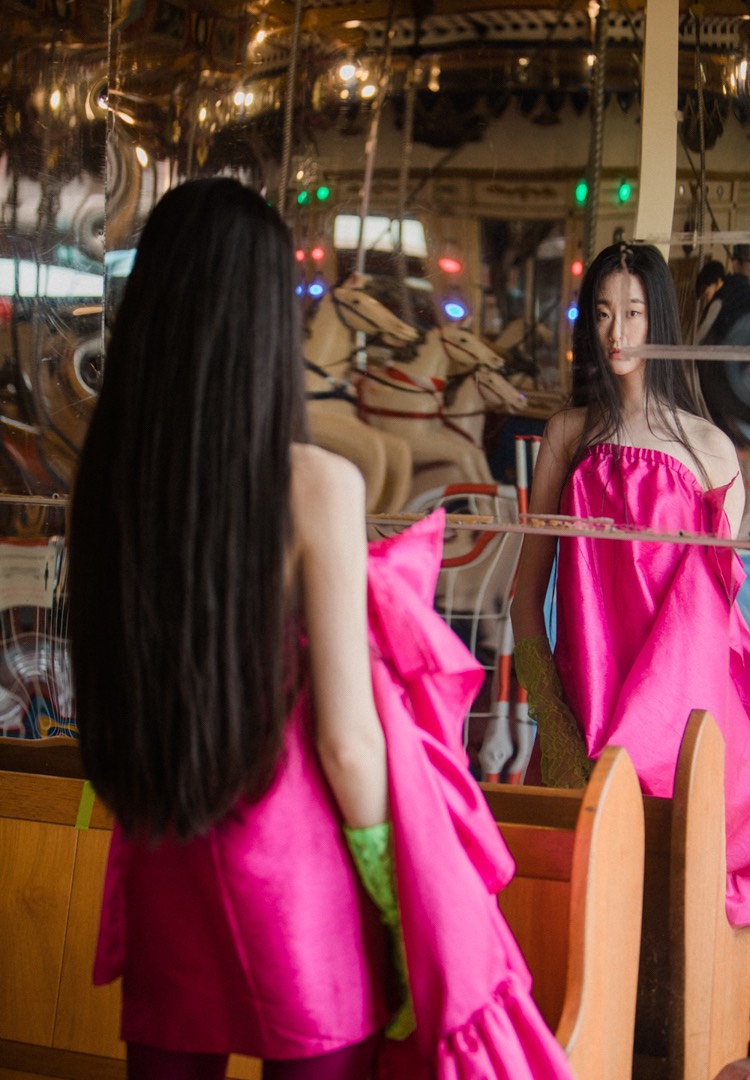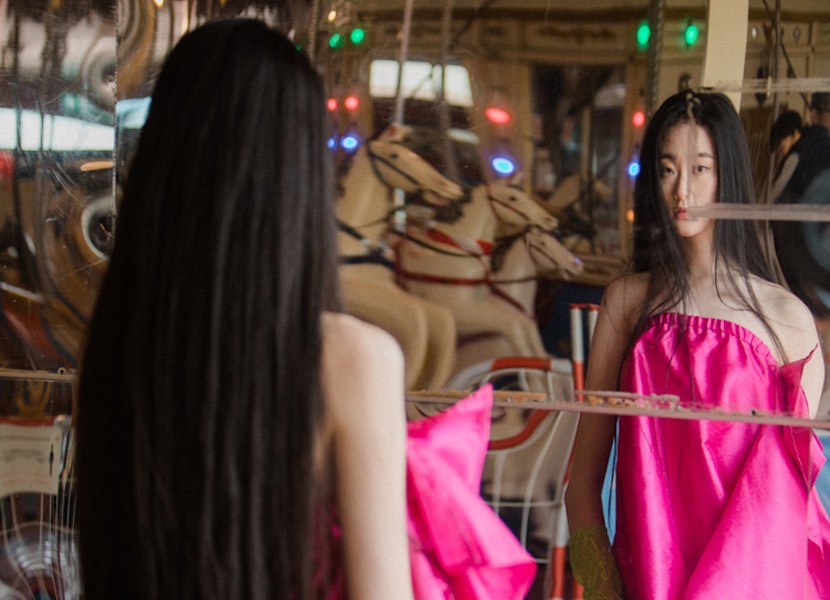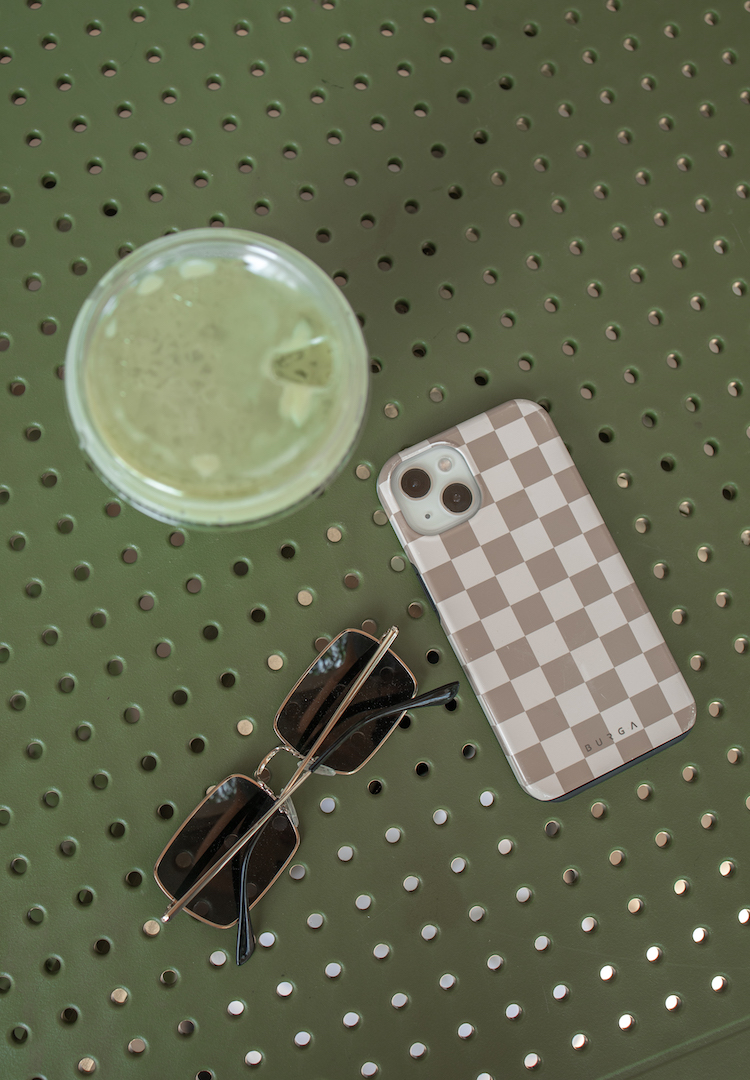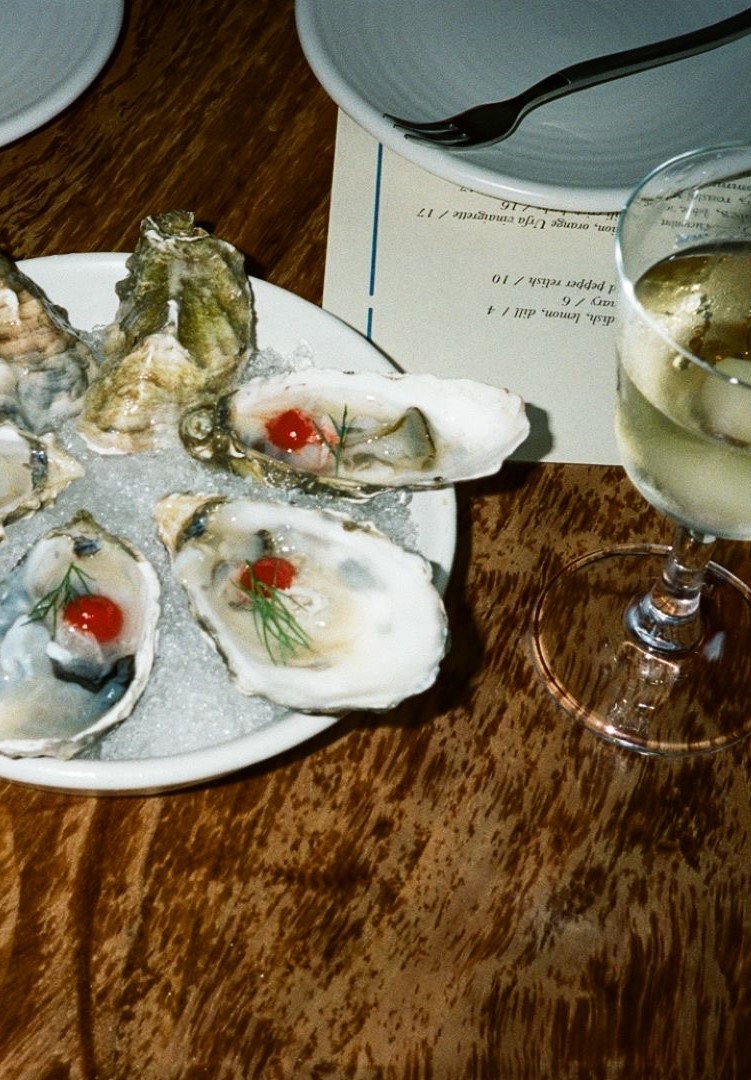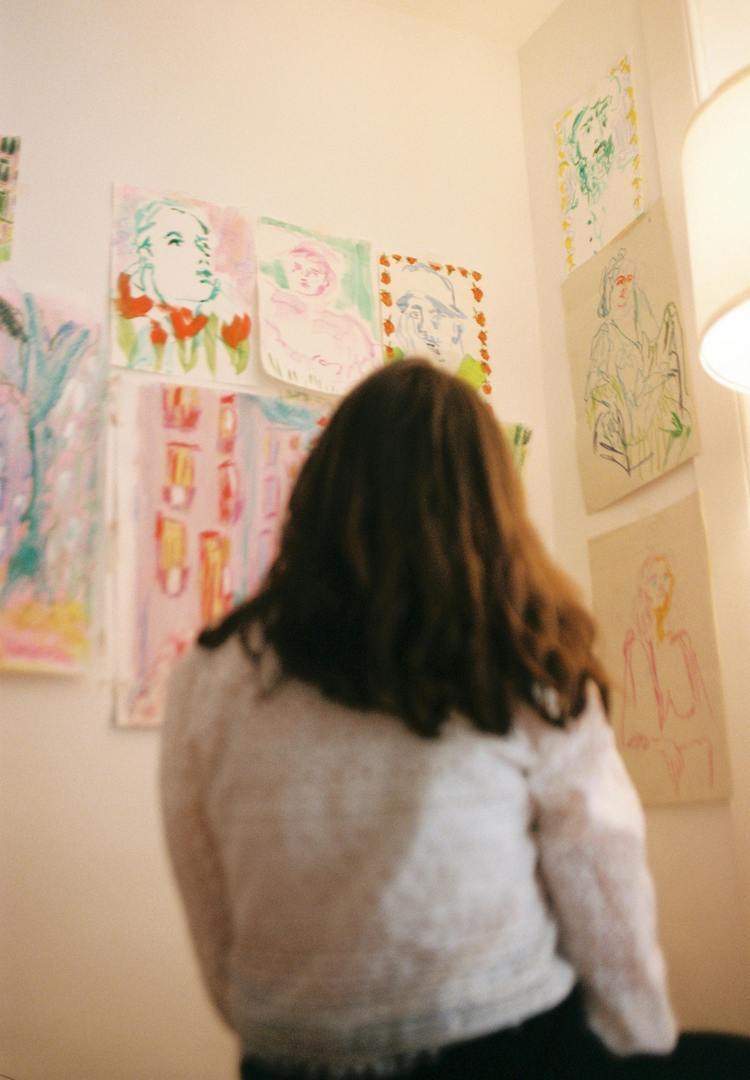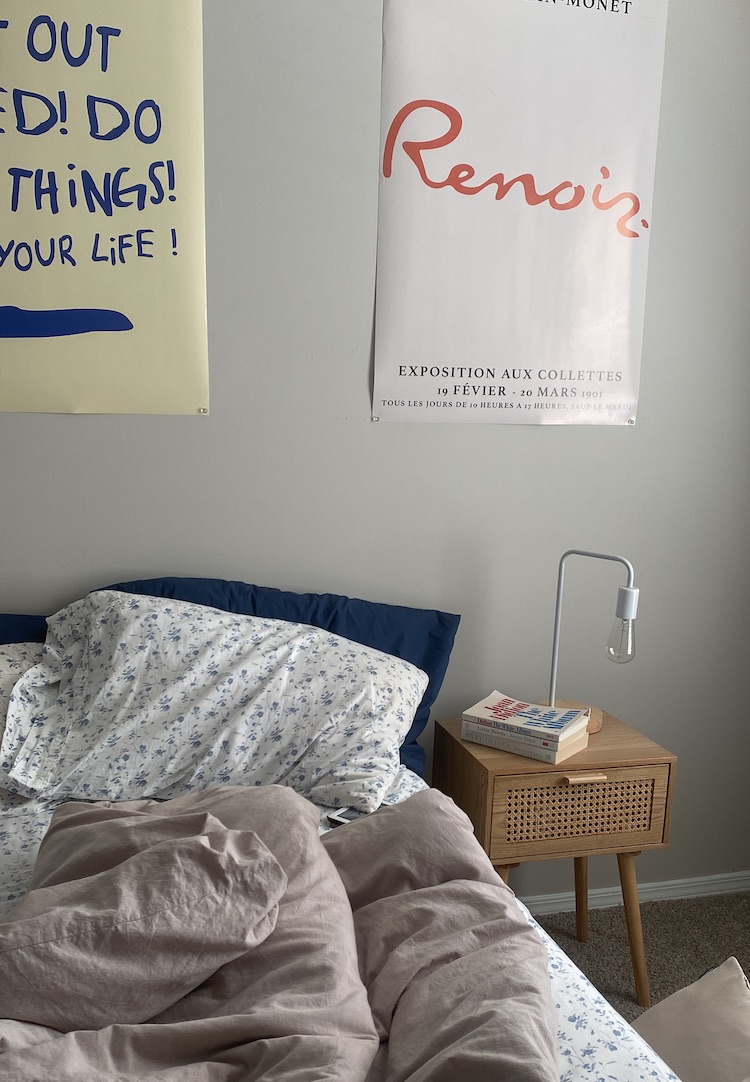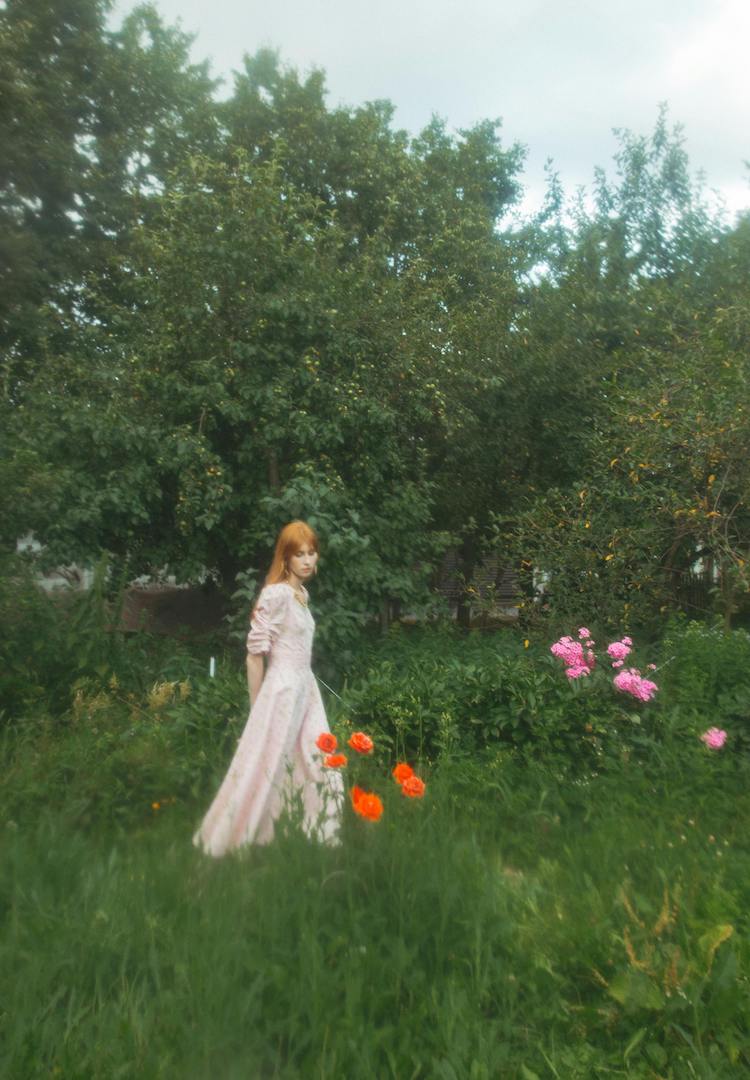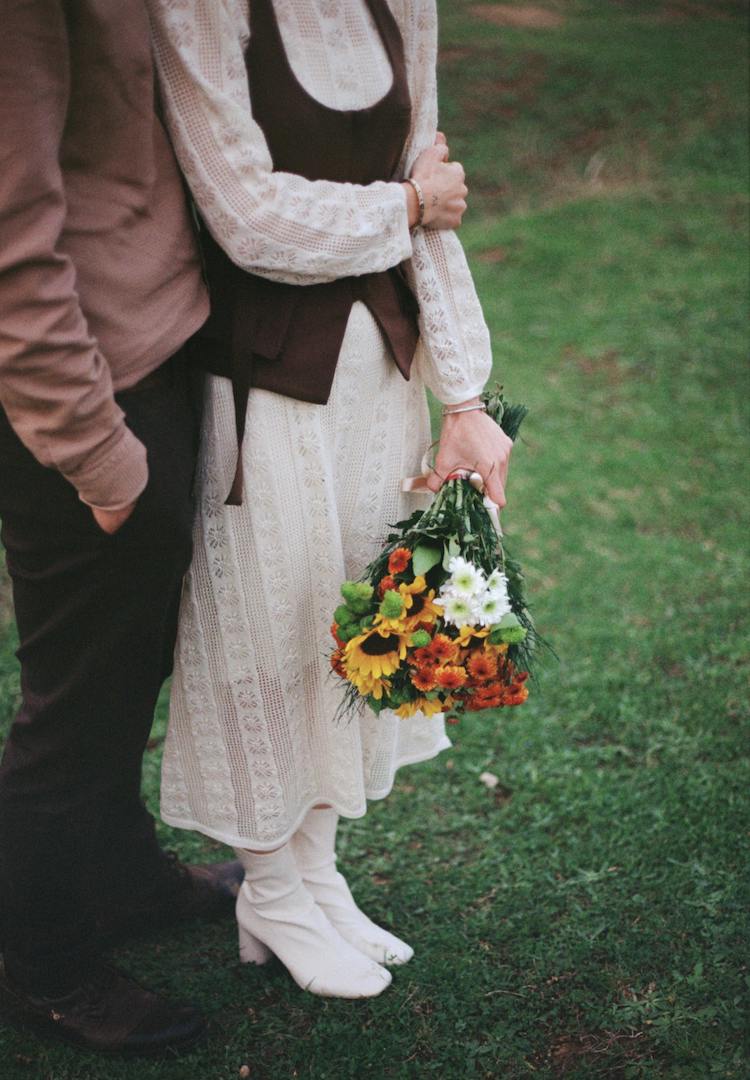How to spot codependency in relationships, according to a psychologist
PHOTOGRAPHY BY CLAUDIA FISCHER
WORDS BY GENEVIEVE PHELAN
When does emotional reliance become an unhealthy thing?
Codependency comes with a lot of stigmatisation. It’s a dirty word at first glance, and you’d probably want to wipe your hands clean of it if anyone ever accused you of clinginess or neediness. Reliance on life’s many balms (insert: coffee, shopping to fill an emotional void, food) is one thing, but in the context of relationships, what is codependency, really?
Is it such a bad thing, or do we all need to display greater emotional vulnerability to the ones we love? I’m the kind of person whose mind gets tied up in anxiety when I sense someone close to me is off-kilter. If our interactions are abnormal, I immediately assume I must be at fault. I’ve done something wrong. Are they mad? Or does it have absolutely nothing to do with me?
Looking for more thought-provoking reads? Try our Life section.
Maybe it’s down to relationships in my formative years that have seeded this inherent fear of rejection and sporadic feelings of unlovability. Or maybe it’s just having a naturally anxious attachment style, coupled with a firm belief in wearing my heart on my sleeve.
All this thinking was egged on by a recent read of the dark and love-torn memoir by Nina Renata Aron, comically titled Good Morning, Destroyer of Men’s Souls. It’s a true story of intense codependency, “weaving personal reckoning with psychology and history to understand the nature of addiction, codependency, and our appetite for obsessive love”.
I am – and I cannot stress this enough – absolutely dependent on the close circle of friends I cocoon myself in. There are two girlfriends I message incessantly, every single day. I find security in reassurance, frequent vis-à-vis time and general conversational enthusiasm. They are my lifeline people.
When it comes to dating, I’ve never been in a serious, long-term relo, so I don’t think I’m dependent on men, but I find it incredibly difficult to walk away from someone (even when I know deep down they’re not meant for me). Despite the obvious perils of drinking the Dumb Girl Juice, I do become infatuated quickly and feel built like a literal sieve. It’s strange how rapidly we can become conditioned to crave attention from someone who is relatively new on the set of our life.
I’ve been mulling over codependency a lot recently since moving out of home. Forced independence has lifted a curtain on my insecurities and what I rely on to function happily. For some clarity on the hotly debated state of codependency, I had to turn to a professional. Kindly, couples counsellor Natalie Claire King is taking the stage on this one to answer some of my questions (and probably yours, too).
Hi Natalie. So, what does a codependent relationship look like?
Codependent is a term that tends to be thrown around a lot in Western culture, conveying that to become safely attached or to need others is somehow unhealthy or a sign of weakness. It’s important that we first understand that, as humans, we are wired to connect. To become safely attached to another and to be effectively dependent on a partner is one of the most healthy things we can do. The idea of being effectively dependent is when people in healthy, secure relationships make certain sacrifices to preserve their connection.
Psychologist Sue Johnson normalises this in her book Love Sense, where she speaks about adult love as closer to the parent-child relationship, except we take turns being there for each other. However, trouble can hit when one partner is not effectively dependent, causing the relationship to become insecure or unstable. This is when one partner may act in a way that gets labelled as ‘codependent’ behaviour, often seen as being too ‘clingy’ or ‘needy’. If this starts to happen, it will often be that the person who is labelled as ‘codependent’ in the relationship, feels that their needs are not getting met.
A history of trauma or growing up without having someone safe to connect to will often mean that that person has a higher need to feel close, loved or important than others who have grown up with a more secure attachment. This doesn’t mean they are forever going to be ‘codependent’, it just means that their needs may be higher and that they have never had a template to be effectively dependent on another.
What are its perils?
Whether you’re the one in the relationship who feels that your needs aren’t getting met, or that your partner’s needs are insatiable and you desire more autonomy than they do, being on either side is super frustrating and it can be a fine dance, along with heart-aching arguments, to find some middle ground.
Often it can be that one partner’s needs for reassurance may be higher, causing them to feel anxious in the relationship and potentially coming across as angry and controlling, or swinging the other way by avoiding contact or staying distant. This doesn’t mean we need to label them ‘codependent’, instead, it can be more helpful to understand what’s going on for them underneath their behaviour and see if you can find new ways together of being more effectively dependent in your relationship.
When is it time to call quits on a codependent relo?
Knowing when to end a relationship where you feel unable to meet your partner’s needs or where you feel your partner is unable to meet your needs, will be different for every individual. If you’re finding that your mental health is being affected, don’t dismiss how you’re feeling and listen to what this is telling you. Remember that a relationship takes two to tango, so while one person may be labelled as the problem, both partners need to take responsibility and look at how they are co-creating conflict and anxiety within the relationship.
If you can start to talk about what you both need to feel secure and loved, and navigate what that might look like so you’re both feeling emotionally safe then you’re off to a very good start. If you feel you have both tried to understand each other and can’t find a way to navigate forward, it could be helpful to seek outside support, like relationship counselling.
What can I do if I ever find myself or a friend in a one-sided, emotionally abusive and codependent relationship?
More often than not there are really good reasons behind a person’s behaviour. While it might be hard to see, when we try to understand the emotions that are underneath the behaviour (often fear, pain or sadness), that person starts to make more sense. If you find yourself or see that a friend is in a relationship where the other person doesn’t seem to have the capacity to be effectively dependent, approach the topic with sensitivity.
If you can, avoid labelling the other person with words like ‘codependent’, ‘clingy’ or ‘needy’. This will only evoke feelings of shame for that person, sending them the message that they are too much or that their needs are invalid. Try to be gentle and curious, let them know that you care about them and how they feel, as well as being honest about what you need in a relationship.
To find out more about Natalie’s services, head here.


